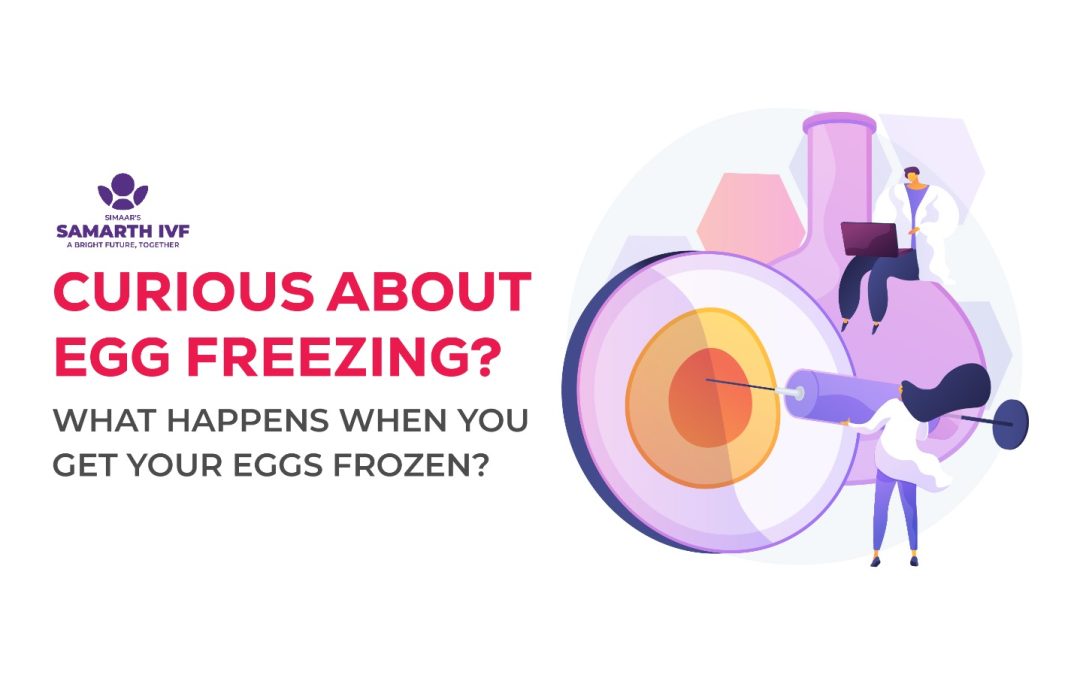Here’s a breakdown of what happens when you freeze your eggs, also known as oocyte cryopreservation:
- Consultation and Initial Screening:
The journey begins with a consultation with a fertility specialist. They will discuss your reasons for wanting to freeze your eggs, your medical history, and assess your overall fertility health. This might involve blood tests and a pelvic ultrasound.
- Ovarian Stimulation:
Once you decide to proceed, you’ll undergo ovarian stimulation. This process uses medications to stimulate the ovaries to produce multiple mature eggs at once, compared to the single egg typically released during ovulation.
- Egg Retrieval Procedure:
After the eggs have matured, a minimally invasive surgical procedure called transvaginal ultrasound-guided oocyte retrieval is performed. During this procedure, a thin needle is inserted through the vagina and guided by ultrasound to collect the mature eggs from the follicles in the ovaries. This procedure is usually done under light sedation.
- Egg Freezing and Storage:
The retrieved eggs then undergo a specialized vitrification process for cryopreservation. Vitrification is a rapid freezing technique that preserves the eggs at extremely low temperatures, minimizing the risk of ice crystal formation and damage. The frozen eggs are then stored in liquid nitrogen tanks for future use.
- When You’re Ready to Conceive:
When you decide to get pregnant using your frozen eggs, the eggs will be thawed and fertilized with sperm through a process called in vitro fertilization (IVF). The resulting embryos can then be implanted into your uterus for a potential pregnancy.
Important to Remember:
- Egg freezing success rates depend on several factors, including your age at the time of freezing. Younger women tend to have a higher number of healthy eggs frozen, leading to a better chance of successful pregnancy later.
- Egg freezing doesn’t guarantee future fertility. While it offers an option to preserve your fertility potential, factors like egg quality and individual circumstances can still influence success rates during IVF with frozen eggs.
- There are associated costs with egg freezing, medication, storage, and potential future IVF cycles. Discussing financial plans with your fertility clinic is essential.
Egg freezing is a personal decision with both potential benefits and limitations. Consulting with a qualified fertility specialist can help you understand the process, discuss success rates based on your age and individual health factors, and determine if egg freezing is the right choice for you.

